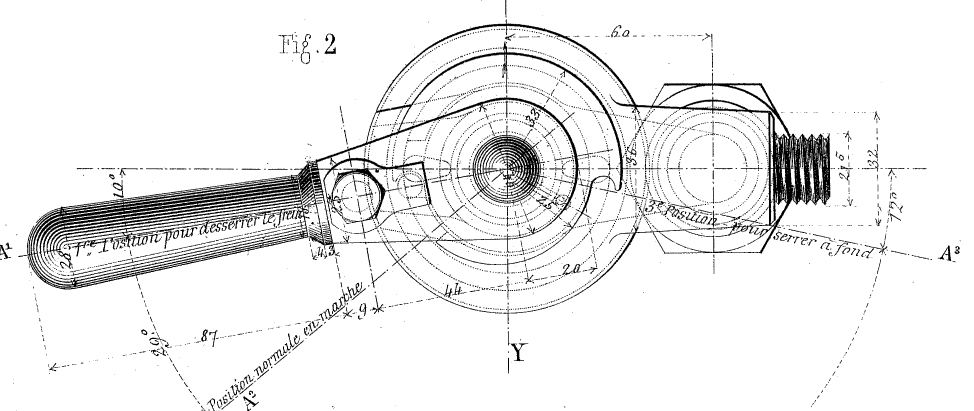Table of Contents
MGS and Spatial Computing
a tutorial at UCNC'2012
Related Web Pages
- This MGS tutorial http://www.spatial-computing.org/mgs:tutorial
- The MGS home page (new home page for the end of the year) http://mgs.spatial-computing.org
- MGS download (new home page for the end of the year) http://www.spatial-computing.org/mgs
- The MGS distribution page. Take at look also here
- MGS example gallery http://mgs.spatial-computing.org/ImageGallery/
- MGS publications
- The Spatial Computing home page http://www.spatial-computing.org
- Last SCW conference http://www.spatial-computing.org/scw12:start
Plan of the Lectures & Tutorial Slides
Lecture I (Tuesday, September 4)
-
- Modelling Morphogenesis
- (DS)2: dynamical systems with a dynamical structure
-
- Collection
- Transformation
- A Functional Language
-
- Algorithmic Examples
- 1D Collections
- GBF
- Delaunay
Lecture II (Wednesday, September 5)
- Motivations & Application domains
-
- MGS Formalism
- Patch transformation (application: remeshing)
- Discrete differential operator (application: a generic diffusion operator)
- An integrative example: growing a
Tshape
Lecture III (Thursday, September 6)
- (Motivation & Application domains)
- MGS
- Stochastic Strategies (e.g. Gillespie)
-
- Self-Assembly of Musical Spaces
- Growing an Ontology with the Little Riding Hood
- Growing an Analogy with Paul Ricœur
- Programming unconventional models
-
- Generic pattern matching
- Incremental HOAS implementation of a DSL
- Beyond algebraic data type : a Generic Advanced API for Containers
- Current Frontiers
- From Global to Local
- Synthetic Biology
- Multi-level and partial processes
- Hybrid Modelling
- Time
Supplementary Materials
Clic on the top-level items to go to the corresponding web page. The readers understood that
The documents contained in these directories are included by the contributing authors as a means to ensure timely dissemination of scholarly and technical work on a non-commercial basis. Copyright and all rights therein are maintained by the authors and by other copyright holders, notwithstanding that they have offered their works here electronically. It is understood that all persons copying this information will adhere to the terms and constraints invoked by each author's copyright.
-
- Dynamical Systems with a Dynamical Structure (DS)2 and Morphogenesis
- Interaction-based Computing
- Spatial Computing
-
- Collection and Transformation
- A Functional Language
- Small Collection (1D)
- Monoidal
- Group-Based
- Graph
- Delaunay
- Algorithmic Examples: primes, factorial, Fibonacci, convex hull, sort, maximum segment sum, …
- More elaborated examples:
- GBF : Eden, cellular automata
- Delaunay : flocking bird
- Abstract Combinatorial Complex
- Formalization
- Discrete differential operators
-
- Programming Unconventionnal Models
- Rewriting based
- Gamma, HOCL
- P systems Lindenmayer systems
- Fraglet
- Non-rewriting based
- Cellular and Lattice gaz automata
- Blob computing
- Proto
- Data parallelism
- Transition Systems and Verifications
- The Needham-Schroeder public-key protocol
- Integrated Regulatory Network (IRN)
- Self-assembly
- Biology
- Gastrulation
- Synthetic Biology: the iGEM'07 Paris project
- The Growth of a Meristem
- Music
- Tonnetz
- The All Interval Series
- Artificial Intelligence
- Extracting an Ontology without a priori : The Little Red Riding Hood
- Analogy through paths
-
- Incremental HOAS Implementation of a Dynamic DSL
- Beyond algebraic data type : a Generic Advanced API for Containers
- Generic pattern matching
-
- From Global to Local
- Synthetic Biology
- Multi-level and partial processe
- Hybrid Modelling
- Time
Contact
- Jean-Louis Giavitto home page jean-louis.giavitto@ircam.fr
- Olivier Michel home page olivier.michel@u-pec.fr
- Antoine Spicher home page antoine.spicher@u-pec.fr
